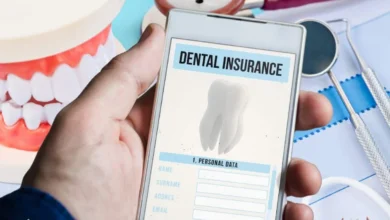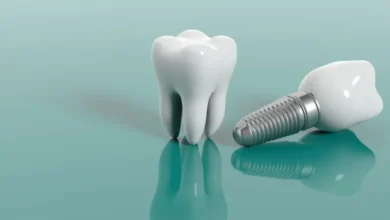How to Manage Chronic Pelvic Pain: Expert Tips and Strategies

Chronic pelvic pain (CPP) is a pervasive condition that affects many people, significantly impacting their daily functioning and quality of life. Managing CPP effectively requires a comprehensive approach tailored to the person’s specific symptoms and underlying conditions. Below, we explore expert tips and strategies to help those suffering from CPP find relief and manage their symptoms more effectively.
Contents
Understanding Chronic Pelic Pain
CPP can stem from a variety of causes, including endometriosis, pelvic inflammatory disease, interstitial cystitis, and musculoskeletal problems. It often involves complex interactions between the gastrointestinal, urinary, reproductive, and nervous systems. Understanding the source of pelvic pain is crucial in determining the most effective treatment strategies.
Multidisciplinary Approach
A multidisciplinary approach is often recommended for managing CPP, involving a team of healthcare providers, including gynecologists, urologists, pain specialists, physical therapists, and mental health professionals. This team can collaboratively create a personalized treatment plan that addresses all aspects of the pain. Products to help with pelvic health have become a lot more prevalent too, and can be found on websites like pelvicrelief.co.uk.
Medical Treatments
Pharmacological Options: Depending on the underlying cause, doctors may prescribe:
- Pain relievers, such as NSAIDs or acetaminophen, to manage acute flare-ups.
- Antidepressants or anticonvulsants, which can help to manage nerve pain.
- Hormonal therapies, particularly if the pain is related to conditions like endometriosis or menstrual cycles.
Hormonal Treatments: For conditions influenced by hormonal changes, such as endometriosis, hormonal treatments can reduce the progression of the disease and alleviate symptoms.
Physical Therapy
Physical therapy can be a cornerstone of treatment for CPP, focusing on:
- Pelvic Floor Rehabilitation: Many patients with CPP have pelvic floor dysfunction. Physical therapists can teach exercises that help to relax and strengthen the pelvic floor muscles, which can alleviate pain.
- Manual Therapy: Techniques such as massage and mobilization can help to reduce muscle tension and pain.
- Biofeedback: This technique helps patients to gain awareness and control over pelvic muscles.
Psychological Support
Chronic pain isn’t just a physical condition but also an emotional one, impacting mental health and quality of life. Psychological strategies include:
- Cognitive Behavioral Therapy (CBT): Helps patients to understand the relationship between their thoughts, feelings, and pain. CBT can also provide strategies to cope with pain.
- Mindfulness and Relaxation Techniques: These can help reduce stress and improve pain management through techniques like meditation, deep breathing exercises, and guided imagery.
Lifestyle Modifications
Adjusting lifestyle factors can significantly impact the management of CPP:
- Dietary Changes: Some patients find that specific foods exacerbate their pelvic pain. Keeping a food diary can help to identify triggers.
- Regular Exercise: Activities like yoga and walking can increase endorphin levels, which naturally reduce pain.
- Heat Therapy: Applying heat to the pelvic area can relax tense muscles and alleviate pain.
Alternative Therapies
Some patients find relief through alternative therapies, though these should always be discussed with a healthcare provider to make sure they complement conventional treatments:
- Acupuncture: This traditional Chinese medicine approach has been shown to be effective in managing certain types of pain, including CPP.
- Herbal Remedies: Certain herbs are believed to have anti-inflammatory and pain-relieving properties.
Ongoing Management and Support
Managing CPP is often a long-term process that requires adjustments based on the effectiveness of various treatments. Regular follow-up with healthcare providers is essential to adapt the treatment plan as needed. Additionally, support groups and networks can provide valuable emotional support and coping strategies.
By employing a combination of medical treatments, physical therapy, psychological support, and lifestyle adjustments, people with chronic pelvic pain can improve their quality of life significantly. Each patient’s journey is unique, and ongoing communication with healthcare providers is crucial to finding the most effective strategies for pain management.



